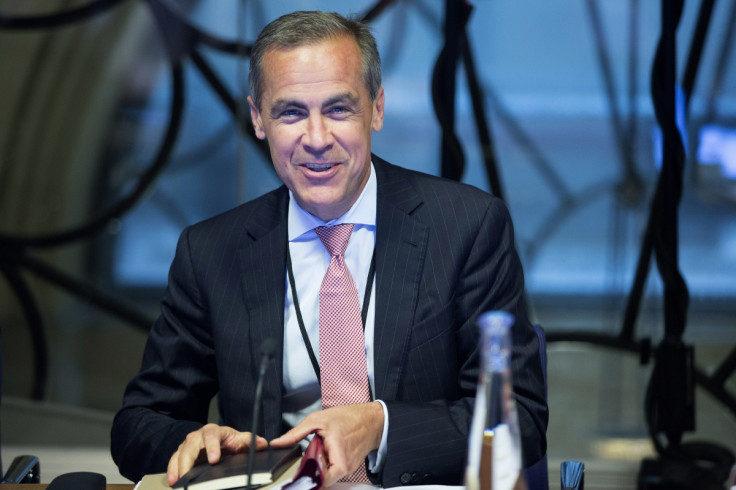Brexit: Bank of England and Treasury criticised for official warnings before the referendum
Economists for Brexit warn against 'danger of a self-fulfilling downward spiral'.
The Bank of England (BoE) and Treasury have been criticised by Economists for Brexit for their warnings against a Brexit vote before the 23 June referendum. The group that advocated the Leave campaign has urged the two institutions not to "talk down" the UK economy post the Brexit vote.
Professor Patrick Minford, a British macroeconomist who serves as the co-chairman of the Economists for Brexit group, targeted Mark Carney, the governor of the BoE. "Since Brexit he has been going on saying 'be very, very scared'. He is continuing to say things that are arbitrary. He has got recession in his mind's eye and taking action to offset it. It looks like a self-justificatory action," Minford was quoted as saying by The Times.

Gerard Lyons, who is also the co-chairman of the group, warned there was a "danger of a self-fulfilling downward spiral if politicians continue to talk the economy down". The group said it expected UK's economic growth to remain unchanged amid the Brexit vote, predicting the GDP would touch 2.3% in 2016, 2.7% in 2017 and 2018 and 3.4% in 2020.
Its forecast was based on the UK leaving the single market, imposing a better grip on migration and eventually reaping the benefits of long-term unilateral free trade. The UK need not worry about being singled out by the European Union (EU) as punishment for leaving the bloc, it added, as World Trade Organisation (WTO) rules would prevent the same.
Speaking at a UK Treasury Committee hearing on Tuesday (12 July) Carney had defended the BoE. He said the country's central bank had not frightened people by using any "phony forecasts and scare stories" in the lead-up to the EU referendum to convince people to vote for the Remain campaign.
He came out in support of the BoE's May report that had said leaving the EU was the biggest risk facing the country, which could even force the economy into a recession. Besides, he had also justified to the Treasury Select Committee that it was his duty to speak on the potential concerns facing the British economy in the event of a Brexit.
© Copyright IBTimes 2025. All rights reserved.





















